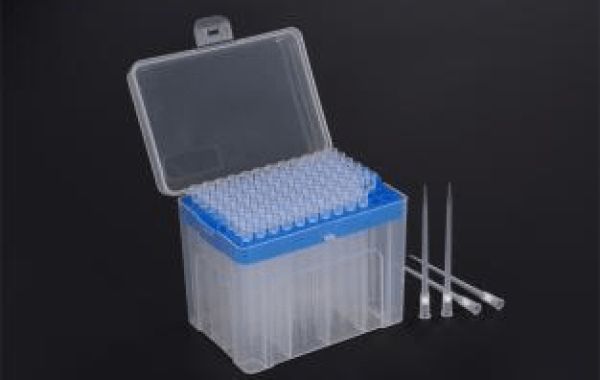You should strongly consider using filter pipette tips whenever you're working with liquids that pose a risk of contamination, instrument damage, or user safety concerns. Here's a breakdown of key scenarios where filter tips become essential:
Protecting Sensitive Samples
- Nucleic Acids (DNA RNA): These molecules are highly susceptible to contamination, which can drastically affect downstream applications like PCR or sequencing. Filter tips prevent sample degradation and ensure accurate results.
- Proteins:Protein function and structure are sensitive to impurities. Filter tips minimize contamination risks, safeguarding protein integrity for critical experiments.
- Cells:Maintaining sterility is crucial for cell culture success. Filter tips prevent contamination from entering the pipette shaft and compromising cell viability.
- Infectious Agents: When working with viruses, bacteria, or other pathogens, using filter tips is a safety measure to prevent accidental exposure.
Safeguarding the Pipette
- Corrosive Liquids:Strong acids, bases, or harsh chemicals can damage the internal mechanisms of a pipette. Filter tips create a barrier, protecting the instrument from these corrosive agents and extending its lifespan.
- Radioactive Materials: Safe handling of radioactive isotopes is paramount. Filter tips minimize the risk of radioactive contamination within the pipette, protecting both the user and the instrument.
- Volatile Liquids: These liquids readily evaporate and can form aerosols. Filter tips help prevent aerosols from entering the pipette shaft, protecting its internal components and ensuring accurate pipetting.
Additional Considerations
- Foaming or Splashing Liquids:Filter tips can be beneficial when working with liquids prone to foaming or splattering, preventing these issues from compromising the pipetting process.
- Low-Volume Applications: For precise pipetting of small volumes, especially in critical applications like PCR, filter tips offer an extra layer of security against accidental sample loss into the pipette shaft.
- General Best Practice:Even if your specific experiment doesn't seem high-risk, consider using filter tips as a general best practice to minimize potential contamination issues and protect your valuable pipette investment.
Filter pipette tips provide a valuable safety net in the laboratory, promoting accurate results, instrument longevity, and user protection. When working with sensitive samples, corrosive liquids, or situations requiring the highest level of security, filter tips become an essential tool. In case of uncertainty, always prioritize using filter tips to ensure optimal performance and minimize risks. You might also want to know Are Filter Pipette Tips Compatible With My Specific Pipette?







